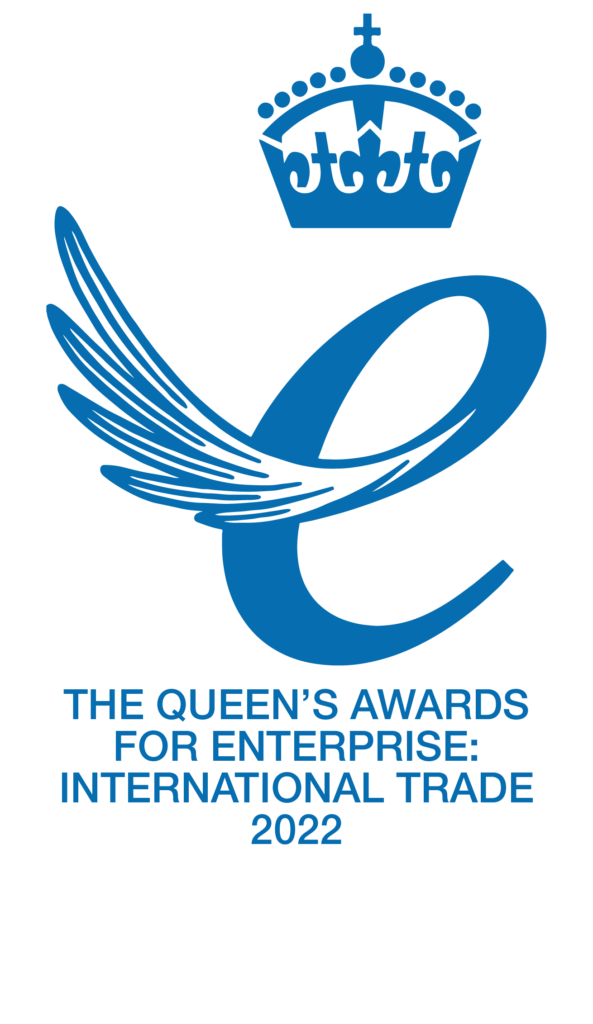April is Bowel Cancer Awareness Month, a month that aims to raise awareness of the disease, including how to recognise the signs and symptoms and the importance of early detection and screening. In this blog our Senior Bioassay Scientist, Dr Gareth Edwards, discusses the disease and the research Cellomatics is using to help drive forward progress in the search for new treatments.
Bowel cancer (also known as colorectal cancer) is the fourth most common cancer in the UK and exhibits the second highest cancer mortality rate, being responsible for around 16,808 UK deaths per year (figures from Cancer Research UK, https://www.cancerresearchuk.org/health-professional/cancer-statistics/statistics-by-cancer-type/bowel-cancer, Accessed March 2025). Incidences are linked to lifestyle and diet, chronic inflammation (including Inflammatory Bowel Disease and Ulcerative Colitis), and genetic predisposition. These can modify cellular function, which may lead to the formation of bowel polyps and potentially the subsequent development of cancer. Bowel Cancer UK recognise that early detection is the key to a successful treatment outcome, which is a key message for Bowel Cancer Awareness Month. This is especially important in certain population groupings (e.g. young people) not currently receiving routine screenings.
Cellomatics Biosciences has a strong research portfolio in developing cellular models (including 2D, spheroid and transwell intestinal cell cultures) to study signalling cascades and downstream biomarkers associated with disease phenotypes. Dysregulation or inhibition of such pathways can regulate tumour growth or the initiation of apoptosis. Endpoint biomarkers are characteristic of oncology and chronic inflammation and cell death (such as the release of inflammatory cytokines into conditioned cell culture media). This forms the basis for elucidating the efficacy and method of function of client test compounds that interact with potentially druggable targets. The colorectal cancer cell lines CaCo2 and HCT116 respond differently to treatment with the control chemotherapeutic compound Doxorubicin for 9 days (Figure 1 A); viability was measured through metabolic activity by the detection of ATP in a CellTiter-Glo® Assay purchased from Promega. Cells were cultured as both 2D monolayers and spheroids, which can exhibit differing sensitivities to test compounds. The immune system may play a role in the treatment of bowel cancer: HCT116 cells were co-cultured with white blood cells (PBMCs). The viability of co-cultures was assessed through a CellTiter-Glo® assay which demonstrated that pre-incubation of HCT116 cells with Cetuximab induced antibody-dependent cellular cytotoxicity when PBMCs were included (Figure 1 B).
At Cellomatics we aim to use our research experience to help to drive forward progress in the search for new treatments targeting bowel cancer.

Figure 1 (A): Colorectal cancer cell lines were cultured as 2D monolayers or as spheroids for 3 days before being treated for 9 days with the control chemotherapeutic agent Doxorubicin. Images were captured on day 12 using the JuliStage platform fitted with a x4 objective lens. Following treatment, cell viability was quantified using the Promega CellTiter-Glo® assay (n=4, bars represent ±S.E.M.).
(B) HCT116 colorectal cells were cultured for 24 hours prior to being incubated with Cetuximab or a matched IgG control for 60 minutes, before being incubated with PBMCs for 24 hours. Viability was assessed using the Promega CellTiter-Glo® assay. Bars represent the mean of 4 repeats ±S.E.M., and significant differences were identified through a 2-way ANOVA (*P<0.05, **P<0.01, ***P<0.001).










